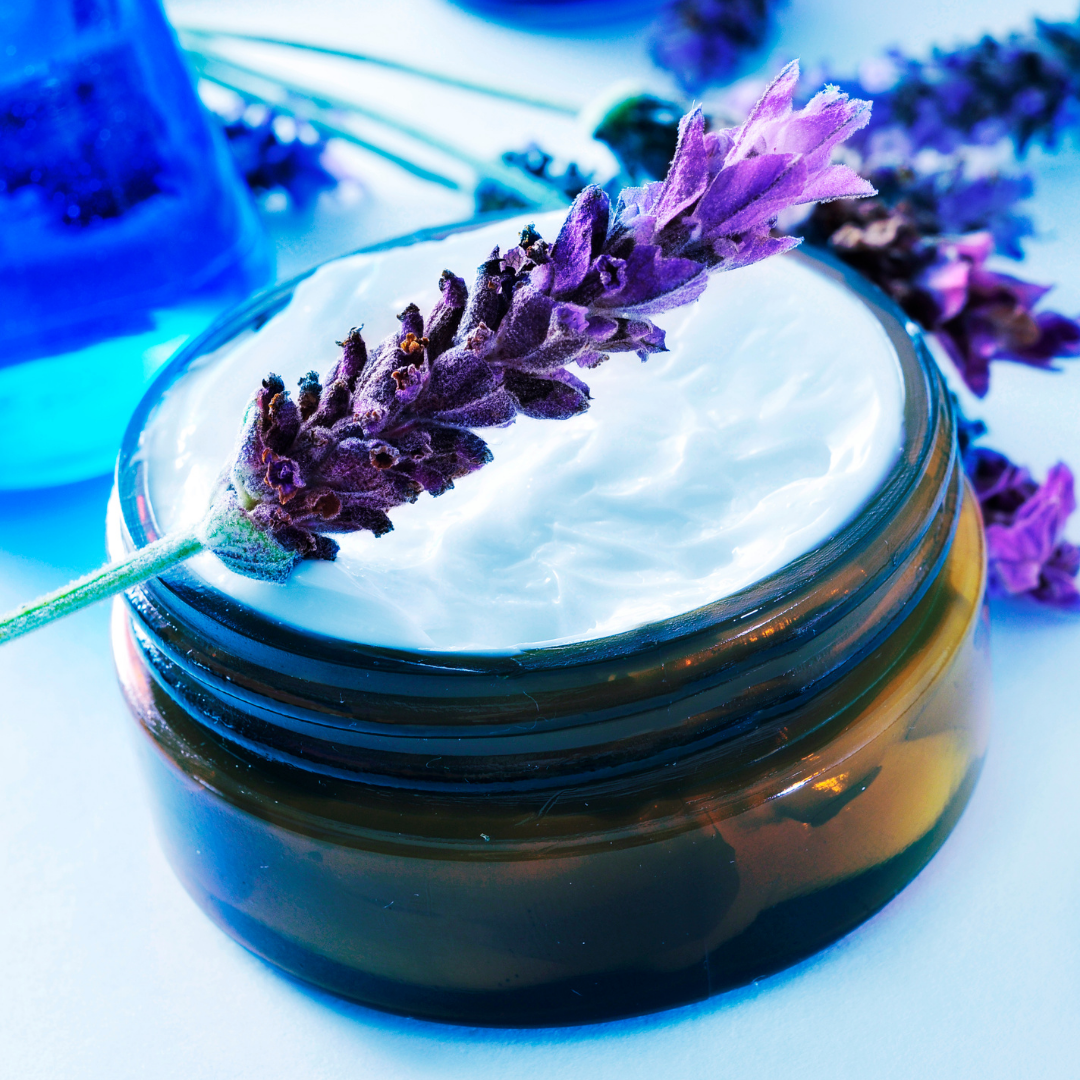The Biotechnology Footprints in the Cosmetics Industry
Tuesday, 25 April,2023
The cosmetics industry has always been at the forefront of innovation when it comes to developing new and improved products that cater to consumers' changing needs and preferences. In recent years, the industry has witnessed a significant shift towards incorporating biotechnology into the formulation of cosmetics. Biotechnology refers to the use of living organisms or their components to develop new products or processes. The use of biotechnology in the cosmetics industry has led to the development of innovative and sustainable products that offer a range of benefits to both the environment and consumers.
The use of biotechnology in the cosmetics industry has resulted in the development of a range of products that offer numerous benefits to consumers. For example, biotechnology has been used to develop new ingredients that provide better moisturization, improved skin barrier function, and enhanced anti-aging properties. These ingredients are often derived from natural sources, such as plant extracts, and are formulated using cutting-edge biotechnology techniques, such as gene editing and metabolic engineering.
Novel resources to embrace sustainability
One of the most notable biotechnology footprints in the cosmetics industry is the development of bio-based surfactants. Surfactants are essential ingredients in many cosmetics products, as they help to emulsify oils and water, allowing them to mix evenly. Traditionally, surfactants have been derived from petrochemicals, which are non-renewable and have a significant impact on the environment. However, biotechnology has enabled the development of surfactants that are derived from natural sources, such as plant-based oils and sugars. These bio-based surfactants offer a range of benefits, including improved biodegradability, reduced toxicity, and increased sustainability.
Another significant biotechnology footprint in the cosmetics industry is the development of biodegradable polymers. Polymers are used in many cosmetics products, such as gels, creams, and lotions, to provide texture and viscosity. However, traditional polymers are often derived from petrochemicals, which are non-renewable and have a significant impact on the environment. Biotechnology has enabled the development of biodegradable polymers that are derived from natural sources, such as plant-based sugars and proteins. These biodegradable polymers offer a range of benefits, including improved sustainability, reduced waste, and reduced environmental impact.
Biotechnology has also been used to develop new ingredients that offer improved anti-aging properties. For example, biotechnology has enabled the development of peptides that stimulate collagen and elastin production, which are essential proteins for maintaining skin elasticity and firmness. These peptides are often derived from natural sources, such as marine organisms, and are formulated using advanced biotechnology techniques, such as recombinant DNA technology. The use of biotechnology in the development of anti-aging ingredients has led to the development of products that offer improved efficacy and safety compared to traditional anti-aging products.
In addition to improving the efficacy and safety of cosmetics products, biotechnology has also played a significant role in reducing the environmental impact of the cosmetics industry. Biotechnology has enabled the development of ingredients that are derived from natural sources, which are renewable and have a lower environmental impact than traditional petrochemical-based ingredients. Biotechnology has also enabled the development of production processes that are more sustainable and require fewer resources, such as water and energy.
One example of a sustainable biotechnology-based production process is the use of microorganisms to produce ingredients. Microorganisms like bacteria and yeast can be genetically engineered to produce specific ingredients, such as proteins and enzymes. These ingredients can then be harvested and purified, resulting in a sustainable and efficient production process. The use of microorganisms in production processes also reduces the use of non-renewable resources, such as fossil fuels, and reduces the amount of waste generated.
The use of biotechnology in the cosmetics industry is still in its early stages, and there is still much potential for further innovation and development. For example, biotechnology can be used to develop new natural preservatives that are effective in preventing the growth of harmful bacteria and fungi, without the use of synthetic preservatives that can be harmful to both the environment and human health. Biotechnology can also be used to develop new delivery systems for cosmetic ingredients, such as microencapsulation, which can improve the stability and efficacy of the ingredients.
The biotech challenges in the cosmetics industry
However, the use of biotechnology in the cosmetics industry is not without its challenges. One of the main challenges is the need for strict regulations and guidelines to ensure the safety and efficacy of biotechnology-based products. The use of biotechnology in the development of cosmetics products requires a thorough understanding of the biological mechanisms involved, as well as the potential risks and benefits of the products. Regulatory agencies such as the US FDA and the European Union have strict guidelines for the approval of biotechnology-based products, which can be a significant barrier for companies looking to develop new products.
Another challenge is the public perception of biotechnology. Some consumers may be hesitant to use products that contain biotechnology-based ingredients, due to concerns about the safety and potential long-term effects of these products. Companies must be transparent about the use of biotechnology in their products and educate consumers on the benefits and safety of these ingredients.
Conclusion and future prospects
In conclusion, the use of biotechnology in the cosmetics industry has led to the development of innovative and sustainable products that offer numerous benefits to consumers and the environment. Biotechnology has enabled the development of new ingredients, such as bio-based surfactants and biodegradable polymers, that offer improved efficacy and sustainability compared to traditional ingredients. Biotechnology has also played a significant role in reducing the environmental impact of the cosmetics industry, by enabling the development of production processes that require fewer resources and generate less waste. While there are still challenges to overcome, the use of biotechnology in the cosmetics industry has significant potential for further innovation and development, leading to safer, more effective, and sustainable products for consumers.
